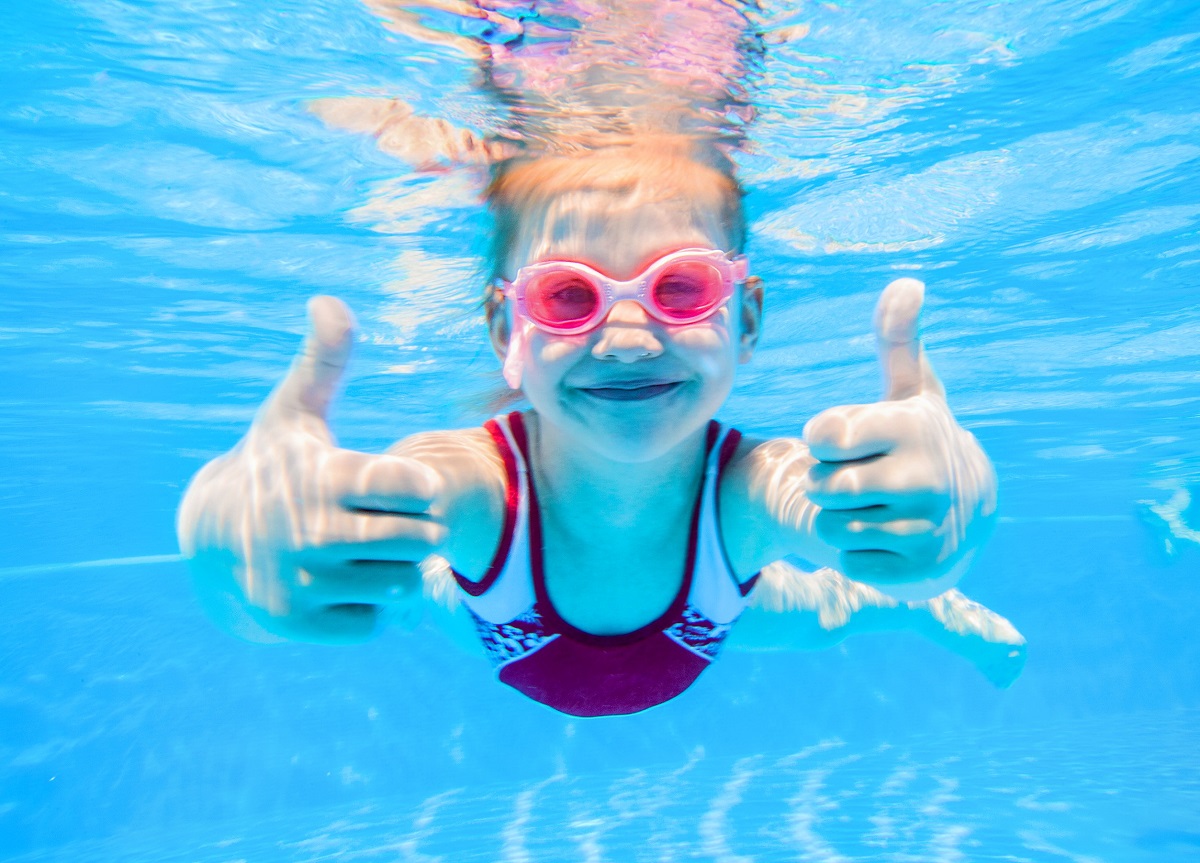
Obtaining a swimming diploma is a festive occasion for many children. The swim is turned into a party and they are proud of their achievement with lifeguard training.
Children can often start swimming lessons from the age of four, but five or six years old is also common. About 97 percent of children in the Netherlands currently have a swimming diploma, but why is this so important?
1. Child safety
The most obvious and often well-known reason for taking a child to swimming lessons is the safety of the child. There is a lot of water in a country like the Netherlands. There are puddles, rivers, and the sea. Enough places to cool off in the summer. Many playgrounds also border on water.
In short, a child often gets the opportunity to jump or fall into the water. If children cannot swim, they are at risk of drowning. Drowning is a leading cause of unintentional death in children between the ages of 0 and 14. A drowning accident can also lead to lifelong brain damage.
In addition, approximately 90 children between the ages of 0 and 25 have to be hospitalized every year in connection with a drowning accident. In addition, there are also an annual 160 children who end up in the emergency department. It is therefore vital that children receive swimming lessons, in order to reduce the risk of premature death.
2. The Safety of Others:
If a child falls into the water, there is often someone willing to help this child. But what if the child falls through the ice, or ends up in another dangerous situation? In such situations, not only the child but also the rescuer is endangered. If a child has a swimming certificate, there is a greater chance that he will be able to save himself. Also, with diploma C, children often learn a number of skills that can help them save others, such as the squatting position.
3. Swimming Lesson Helps Children To Keep Fit And Train The Muscles:
A child trains his or her resistance by swimming. This has to do with the gravity in the water. You are pulled down less hard in the water than on dry land. But perhaps the most important thing about this reduced gravity is that when swimming, much of the body floats on its own.
This makes the movements and exercises low impact, making it relatively easy to train the muscles. Exercising can keep a child fit and prevent obesity. Even if you do not necessarily want a well-trained child, it is important to train the muscles. Strong muscles are less susceptible to damage. In addition to the abdomen, arms, and shoulders, swimming also trains body parts that are normally quickly forgotten. Think of the toes, fingers, and wrists.
4. Swimming is Good For Your Health:
Swimming lessons can provide a lot of benefits to a child’s physical development. For example, it lowers the risk of cardiovascular disease. It also increases lung capacity. This in turn ensures a higher resistance against, for example, asthma. Swimming also improves psychological resistance, because children build self-confidence during swimming lessons.
5. Swimming Doesn’t Have To Be A Drain on The Wallet:
There are many cities that offer the use of swimming pools and puddles at a favorable price. In some cases, this can even be done for free. Schools also sometimes offer school swimming, in which swimming lessons are part of the normal curriculum. So there are many opportunities for a child to practice swimming and have fun doing it.




